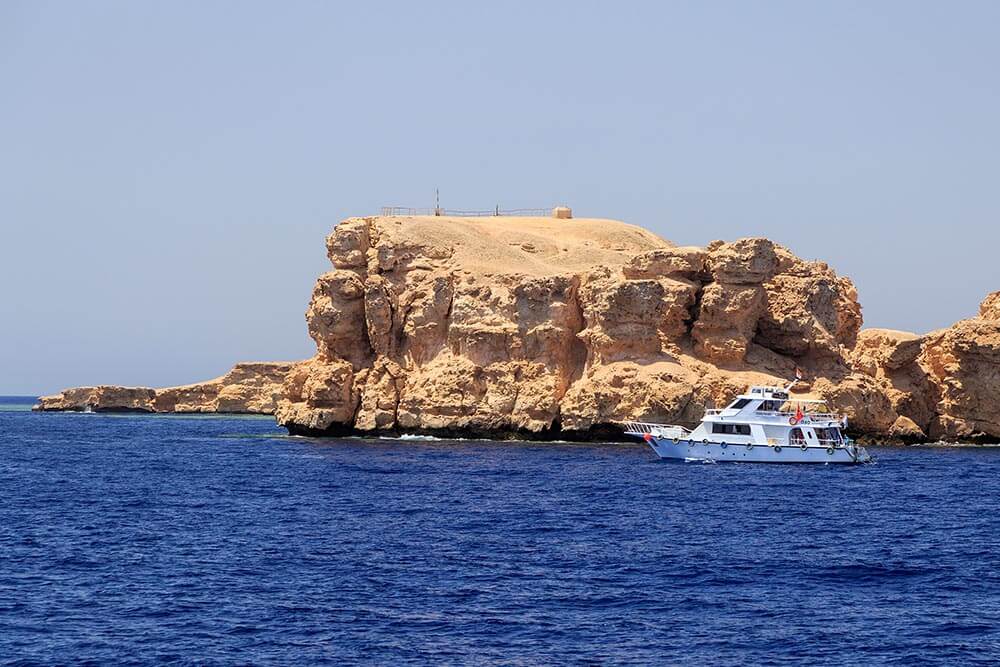
All watersports activities in Egypt’s Ras Mohammed National Park were temporarily suspended on Sunday due to a heightened risk of shark attacks in the area.
The warning was given after sheep carcasses were found floating at the surface, with a number of sharks – including at least one tiger shark – being spotted feeding on the dead animals.
The sheep were likely discarded by a vessel transporting livestock to the region in advance of this weekend’s Eid al-Fitr celebrations. The incident is reminiscent of the 2010 shark attacks during which five snorkellers were severely injured by sharks thought to have been attracted to the area by a similar disposal of animal carcasses.
Five snorkellers were attacked by two different sharks during 2010, with the final attack by an oceanic whitetip resulting in the tragic death of an elderly German woman.
A similar suspension of marine activities was imposed in 2020, after two Ukrainian tourists – including a young boy – and their Egyptian guide were seriously injured by an oceanic whitetip while snorkelling in a prohibited area.
Ras Mohammed’s reefs – including the world-famous twin pinnacles of Shark & Yolanda, situated at the southern tip of the Sinai Peninsula and mostly dived by daily boats from Sharm El Sheikh, are not (despite the name) typically classed as hotspots for large shark sightings. Most encounters are with whitetip reef and grey reef sharks, and although larger species such as oceanic whitetips and tiger sharks are known to be present in the area, they rarely venture close to the reefs. The presence of an immediate food source, however, is known to change that behaviour.
The CDWS announced that Ras Mohammed would be reopened for diving as of Monday morning. However, dive guides are being advised to ensure their divers are correctly briefed on shark diving safety, and to remain alert and report any unusual shark behaviour to local authorities.


